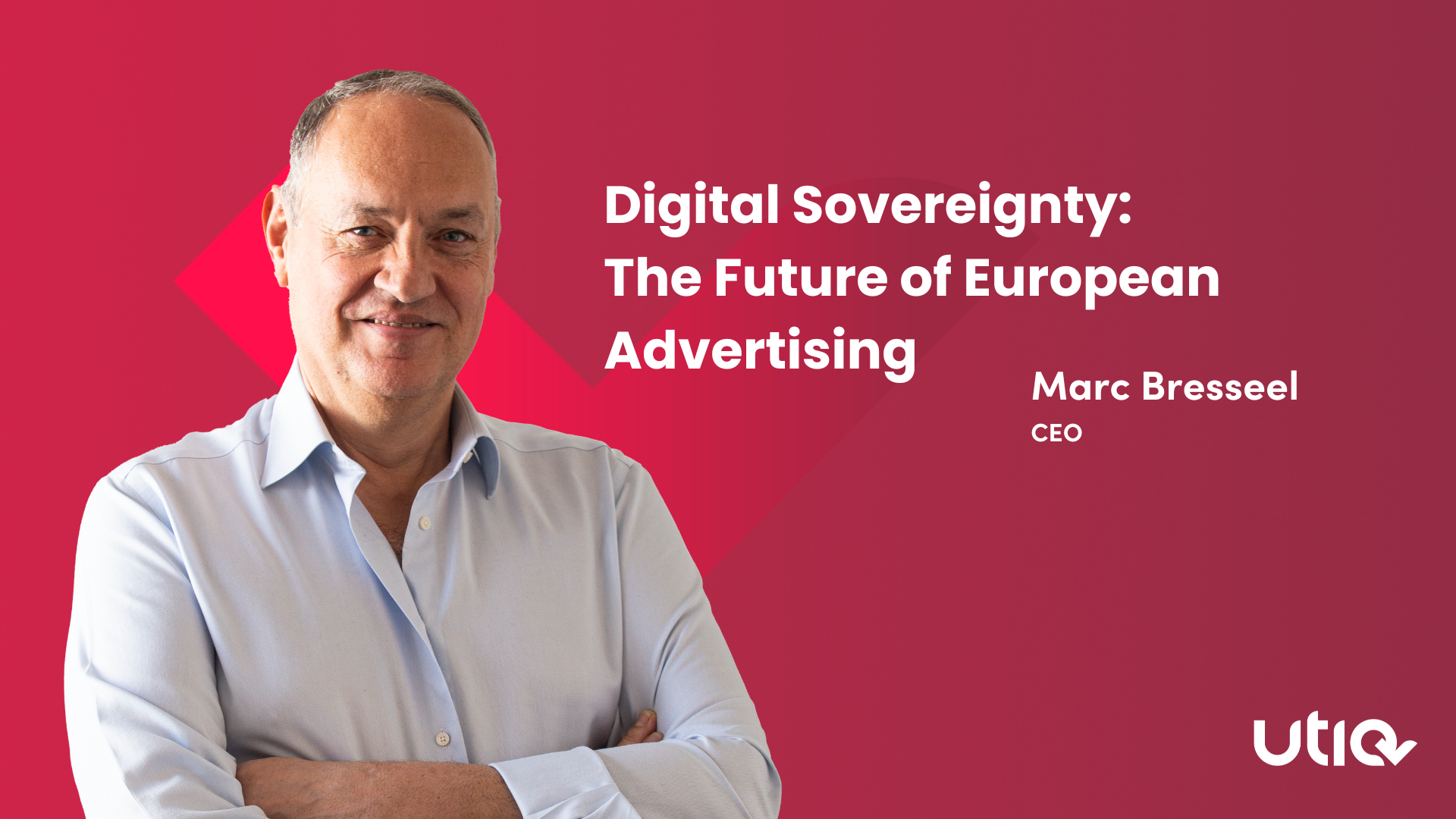Digital Sovereignty: The Future of European Advertising

Europe’s Digital Crossroads
Europe’s digital advertising ecosystem is at a pivotal moment. For years, global tech giants have dominated advertising, controlling both identity and consumer data. While their scale provides certain efficiencies, it comes at the cost of transparency, consumer control, and European autonomy. Marketers increasingly recognise that dependence on a few large walled gardens carries risks: diminishing control over data, rising costs, and exposure to regulatory scrutiny.
The introduction of GDPR and other privacy frameworks has accelerated the shift. These regulations do not simply impose compliance burdens; they create an opportunity for European businesses to innovate, regain control, and build sustainable advertising models rooted in consumer trust. Digital sovereignty is not a theoretical concept — it is a strategic imperative.
Reclaiming Identity and Control
Central to sovereignty is control over identity. Historically, advertisers have relied on third-party cookies and platform-specific IDs, leaving European marketers vulnerable and dependent on external platforms. A telco-powered, consent-driven approach offers a way forward, where authenticated and privacy-respecting data can support effective advertising.
Such an approach prioritises three critical outcomes:
- Consumer-centricity: Individuals retain control over their data and consent.
- Transparency: Marketers can verify how data is collected and used.
- Scalability: Signals from multiple trusted sources provide meaningful reach without compromising privacy.
These principles highlight the broader imperative for Europe: to build infrastructure that balances business needs with consumer rights, ensuring both innovation and trust.
Privacy-First Performance
A common misconception is that privacy and performance are mutually exclusive. A responsible, consent-driven model demonstrates that privacy-first advertising can also deliver strong results. By focusing on verified, consented signals rather than pervasive tracking, marketers can reach relevant audiences while respecting consumer preferences.
This approach shifts the industry away from intrusive data collection and towards strategic engagement, where advertisers focus on delivering value and relevance rather than simply capturing data. Consumer trust is enhanced, which in turn drives longer-term engagement and loyalty.
Building a Sovereign Ecosystem
Achieving digital sovereignty requires collaboration across the industry. Publishers, advertisers, and technology providers must work together to create systems that are transparent, ethical, and efficient. By adopting shared infrastructure and standards, Europe can develop a digital ecosystem that allows all stakeholders to participate fairly.
These discussions emphasise how shared approaches to privacy, consent, and data management can create sustainable advantages for European companies. The conversation is not about any one company’s solution, but about how the industry collectively shapes a fairer, more accountable ecosystem.
Strategic Implications for Europe
Digital sovereignty is more than a regulatory compliance issue; it is a strategic and economic priority. Control over identity and advertising infrastructure allows European businesses to retain more revenue domestically, reduce dependence on global platforms, and foster innovation.
Sovereign infrastructure also opens the door for new business models: subscription services, privacy-respecting personalisation, and targeted advertising that aligns with consumer consent. There is a growing imperative to show the world how Europe is positioning itself as a leader in ethical, transparent, and high-performance digital advertising.
A Future of Empowered Advertising
Europe has a choice: continue relying on global walled gardens, or build an autonomous, privacy-first ecosystem that prioritises trust, transparency, and consumer empowerment. Digital sovereignty is achievable through consented, scalable identity infrastructure, cross-industry collaboration, and a commitment to ethical practices.
By focusing on transparency and control, Europe can create an advertising environment that benefits consumers, advertisers, and publishers alike – presenting a clear opportunity to redefine digital advertising for the next generation.


















